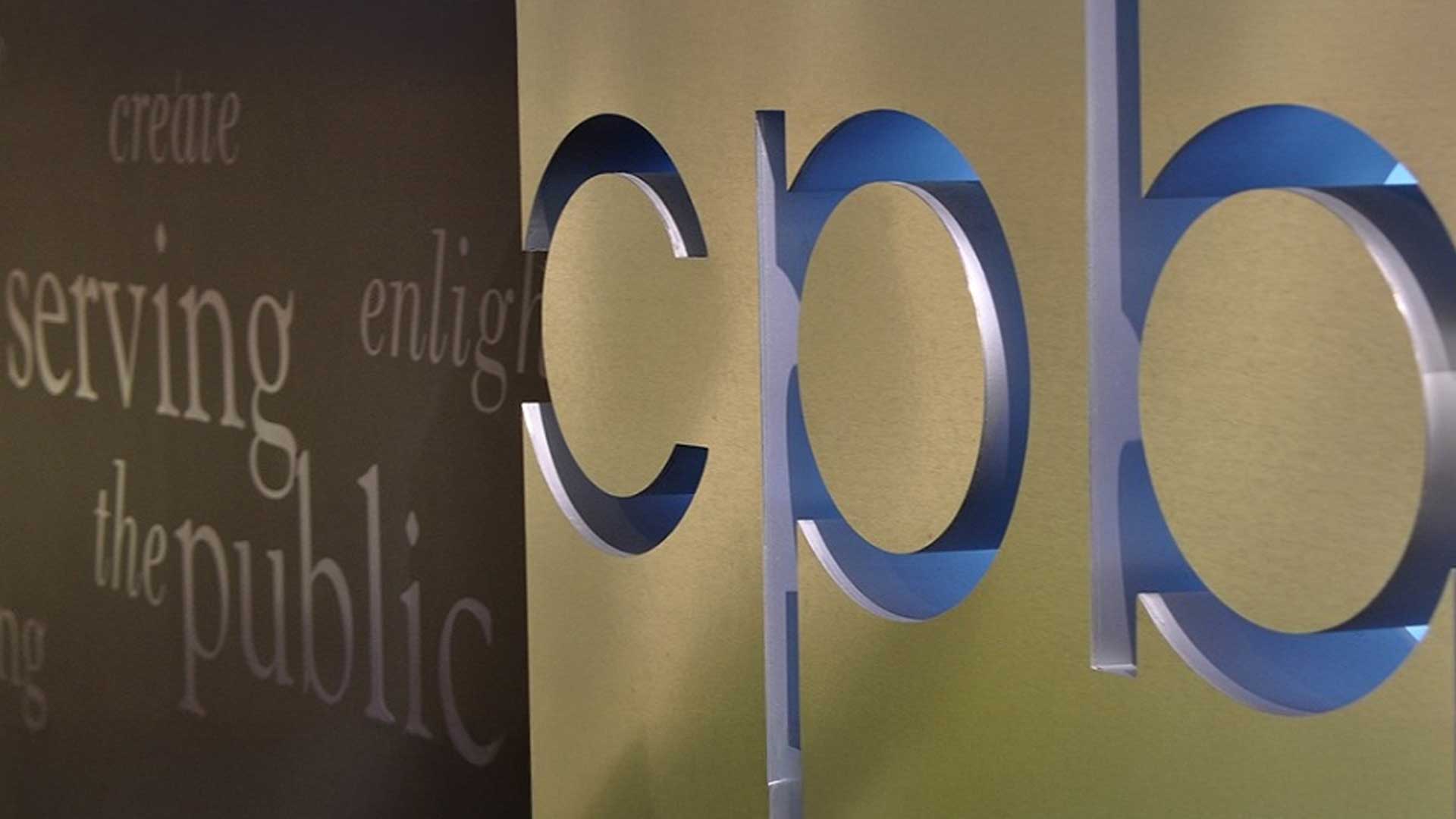
The Corporation for Public Broadcasting, the conduit for federal funds to NPR and PBS, announced on Friday that it is beginning to wind down its operations given President Trump has signed a law clawing back $1.1 billion in funding for public broadcasting through fiscal year 2027.
The announcement follows a largely party-line vote last month that approved the cuts to public broadcasting as part of a $9 billion rescissions package that also included cuts to foreign aid that was sent by the White House earlier this year. While public media officials had held a glimmer of hope that lawmakers would restore some of the money in the following year, the Senate Appropriations Committee declined to do that on Thursday.
"Despite the extraordinary efforts of millions of Americans who called, wrote, and petitioned Congress to preserve federal funding for CPB, we now face the difficult reality of closing our operations," CPB President and CEO Patricia Harrison said in a statement. "CPB remains committed to fulfilling responsibilities and supporting our partners through this transition with transparency and care."
"Public media has been one of the most trusted institutions in American life, providing educational opportunity, emergency alerts, civil discourse, and cultural connection to every corner of the country," Harrison said.
CPB informed employees that the majority of staff positions will be eliminated with the close of the fiscal year on September 30, 2025. It said a small team would remain until January to "focus on compliance, fiscal distributions, and resolution of long-term financial obligations including ensuring continuity for music rights and royalties that remain essential to the public media system," according to the CPB statement.
Although NPR, which produces news programs such as Morning Edition and All Things Considered, relies on direct federal funds for only a small portion of its budget, its approximately 1,000 member stations receive a heftier portion of their operating revenue through CPB. With its nightly PBS News Hour and children's programming, such as Daniel Tiger's Neighborhood, PBS gets around 15% of its revenue from federal money, as do its member stations on average.
While Trump and Congressional allies have accused NPR in particular of liberal bias, most Americans support public broadcasting. A Harris Poll last month found that 66% of Americans support federal funding for public radio, with the same share calling it a good value. Support included 58% of Republicans and 77% of Democrats. The online poll surveyed 2,089 U.S. adults with a 2.5 percentage point margin of error.
Disclosure: This story was reported and written by NPR correspondent Scott Neuman. It was edited by Deputy Business Editor Emily Kopp and Managing Editor Vickie Walton-James. Under NPR's protocol for reporting on itself, no NPR corporate official or news executive reviewed this story before it was posted publicly.
 NPR NEWS
NPR NEWS
By submitting your comments, you hereby give AZPM the right to post your comments and potentially use them in any other form of media operated by this institution.